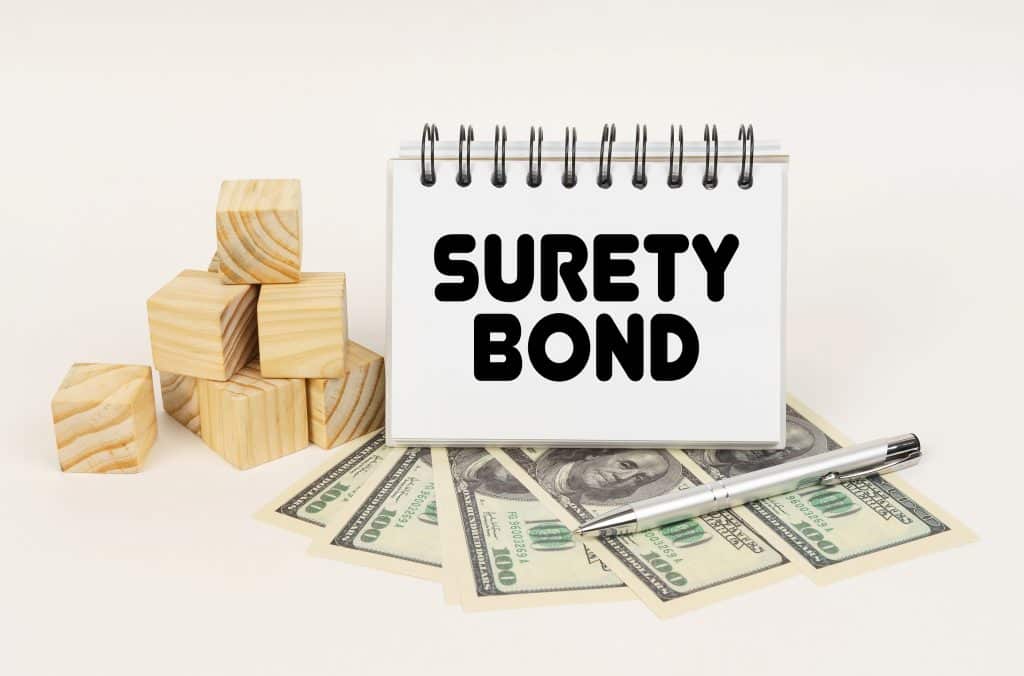Understanding the Different Types of Bail Bonds

Bail bonds are an essential component of the criminal justice system, providing a financial tool that allows defendants to remain free from custody while awaiting trial. They offer an assurance to the court that the accused will appear for future court dates. Different types of bail bonds exist, depending on the jurisdiction and the nature of the crime. Let’s explore these different types and their implications.
Surety Bonds
Surety bonds are probably the most familiar type of bail bonds. They are provided by bail bondsmen or bail bond agencies. Here’s how they work: If a defendant can’t afford to pay the full bail amount set by the court, they can hire a bail bondsman. The bail bondsman will post the bail on behalf of the defendant in exchange for a fee, usually 10-15% of the bail amount. If the defendant fails to appear in court, the bondsman could lose the money they posted, prompting them to use their right to locate, apprehend, and return the defendant to court.
Cash Bonds
Cash bonds are quite straightforward. It involves the full bail amount being paid directly to the court in cash. Once the defendant completes all required court appearances, the cash is returned, minus any court fees. However, bail amounts can be prohibitively high, making cash bonds difficult for many defendants and their families.
Property Bonds
Property bonds are used when a defendant or their loved ones use real property as collateral for bail. The court places a lien on the property for the bail amount. If the defendant fails to appear for their court dates, the court can foreclose on the property to recover the bail amount. This process is more complex and time-consuming than other bail options and is usually reserved for serious cases with high bail amounts.
Citation Release
A citation release, also known as a “cite out,” is the best scenario for the defendant. It’s a written notice issued by law enforcement officers to the defendant, ordering them to appear in court on a specific day. No bail money or property is required in this instance. Citation releases are often used for minor offenses or traffic violations.
Recognizance Release
Release on own recognizance (ROR), or personal recognizance, is another form of release that doesn’t require money. The judge allows the defendant to be released based on a promise to appear at all future court dates. This option is typically given to defendants who have strong community ties, a clean criminal record, and are not a flight risk.
Federal Bail Bonds
Federal bail bonds are used in federal court cases and are more complex than state bail bonds. In these situations, you can’t just go to a bail bondsman. You have to work directly with the court to post bail. These bonds can be either a personal surety bond (where friends or family pledge to pay if the defendant fails to appear) or a cash bond.
Immigration Bail Bonds
These bonds are specific to cases involving non-citizens or non-residents. Given the complexity of immigration law, these bonds tend to be more complicated and more expensive than regular bail bonds. They guarantee that the defendant will attend all immigration hearings and court dates.
Each type of bail bond provides a different path for individuals charged with crimes to secure their freedom until their court date. However, they also carry different levels of risk, both for the person posting bail and the defendant. It’s essential to understand these types before deciding which one is the most suitable for your situation. Consulting with a knowledgeable attorney or bail bondsman can provide valuable guidance when navigating these choices.
Facing a situation that requires a bail bond can be stressful and confusing, but don’t worry, you’re not alone. At Just Bail Bonds, we are ready and waiting to offer the assistance you need. Serving Tarrant County and the surrounding areas, we’re committed to providing fast, reliable, and professional service to secure your or your loved one’s release. So, what are you waiting for? Let us alleviate the stress and guide you through the process. You don’t need to navigate this difficult time alone. Don’t hesitate, pick up the phone and call Just Bail Bonds at 817-303-3400.


